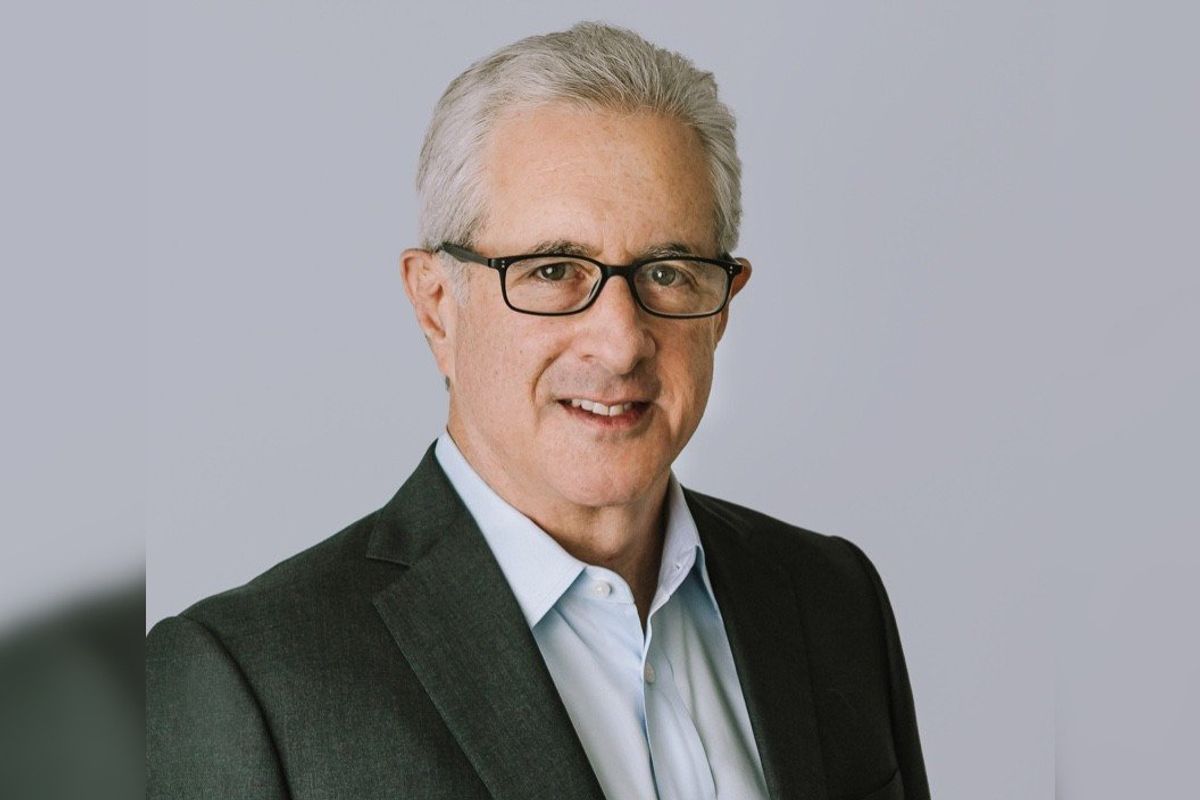Houston health tech startup scores $2.5M SBIR grant to advance unique cell therapy AI technology
fresh funding
A Houston biotech company just announced a new award of $2.5 million.
CellChorus, a spinoff of the Single Cell Lab at the University of Houston, announced the fresh funding, which comes from an SBIR (Small Business Innovation Research) grant from the National Institute of Health (NIH) through its National Center for Advancing Translational Sciences (NCATS).
CellChorus is the business behind a technology called TIMING, which stands for Time-lapse Imaging Microscopy In Nanowell Grids. It’s a visualization AI program that helps scientists to better understand the functioning of cells, including their activation, killing and movement. This more in-depth knowledge of immune cells could be instrumental in developing novel therapies in countless disorders, including cancers and infectious diseases.
“While many cell therapies have been approved and are in development, the industry needs an integrated analytical platform that provides a matrix of functional readouts, including cell phenotype and metabolism on the same cells over time,” Rebecca Berdeaux, vice president of science at CellChorus, says in a press release. “We are grateful to NCATS for its support of the development of application-specific kits that apply dynamic, functional single-cell analysis of immune cell phenotype and function. The product we will develop will increase the impact of these therapies to improve the lives of patients.”
A two-year, $2.1 million Phase II grant will begin after the company achieves predetermined milestones under a $350,000 Phase I grant that is currently taking place. As Berdeaux explained, the funds will be used to develop TIMING kits which will manufacture analytics that provide end-users with rapid, specific and predictive results to accelerate translational research and the development and manufacture of more effective cell therapies.
TIMING is more than a great idea whose time has yet to come. It has already been proven in great depth. In fact, last June, CellChorus CEO Daniel Meyer told InnovationMap that he was initially attracted to the technology because it was “very well validated.” At the time, CellChorus had just announced a $2.3 million SBIR Fast-Track grant from the National Institute of General Medical Sciences. The company also went on to win an award in the Life Science category of the 2023 Houston Innovation Awards.
That confirmation of success comes from more than 200 peer-reviewed papers that describe myriad cell types and types of therapy, all of which used data from TIMING assays. TIMING data has benefited industry leaders in everything from research and clinical development to manufacturing. With the new grant, TIMING will become more widely available to scientists making important discoveries relating to the inner workings of the cells that drive our immunity.





 Apple doubles down on Houston with new production facility, training center Photo courtesy Apple.
Apple doubles down on Houston with new production facility, training center Photo courtesy Apple.